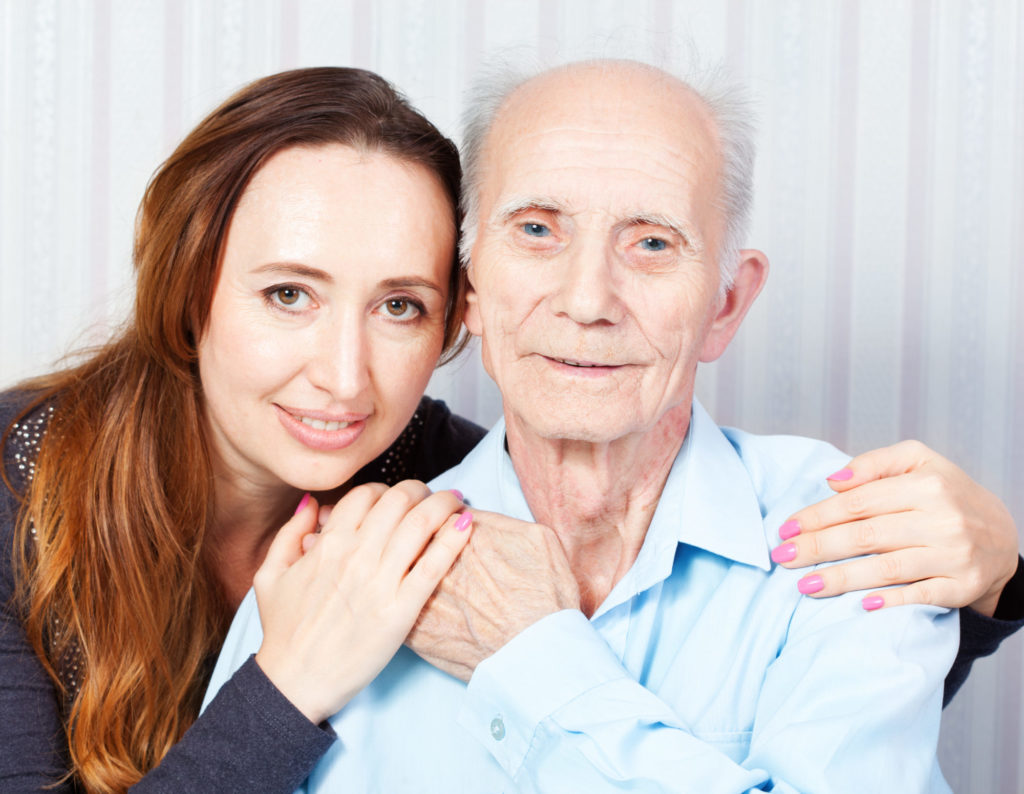This session connects to the third theme of the conference, as it is a way of getting knowledge about rural restructuring from a lives perspective. We want to contribute to discussions about different experiences in daily life in a changing rural society. Hopefully the session will also bring together researchers for future collaborations.
Format:
Traditional workshop
Topic:
This session focuses upon embodied practices and embodied transformations in relation to the rural. Rural inhabitants show a wide range of bodily variations. Such variations might appear as /be understood as healthy or sick bodies, young and old bodies, abled or disabled bodies, female or male bodies, strong or weak bodies, visible and marginalized bodies, and so forth. The body is a lived body, and as such it is intertwined with the rural environment. Focusing on bodily variations and a variety of bodily experiences, is a way of getting knowledge of rural life from a wide range of perspectives and can constitute a base for discussing material, social and economic structures including rural transformation. Inherent in bodily experiences is also power relations; some bodies are more visible, and there might be struggles over which embodied experiences that are to be regarded as rural.
In this session, we are searching for empirical examples of embodied lived experiences, based on both qualitative and quantitative research, that can tell us about struggles over the right to define rural life or contemporary societal transformations from a rural angel. Research might for example concern diverse topics such as embodied practices in relation to the labor market, welfare structures, migration or recreation in the rural. Research might also be a base for discussing processes such as rural gender transformations, rural marginalization, rural ageing or rural poverty; issues important when aiming at understanding and formulating prerequisites for rural futures.
Session 1: Embodiement, gender and marginalisation
Session 2: Disabilities, marginalisation and participation
Abstracts
Working Group Session 1 Wed 09:00 – 10:30
- Krzysztof Gorlach – Gender Inequalities Among Farm Operators in Poland
- Soon Mi Yang – Effects of Variables on Social Capital and the Social Capital on the Life Satisfaction Perceived by Married Immigrant Women in Rural Areas
- Linda Price – ‘BLOOD IN THE SOIL’: FARMING MEN’S EMBODIED ‘FARMSCAPES’ IN THE UK
- Krisztina Németh – Immobility under the busy surface of ‘micromobilities’: Embodied survival practices and mobility trajectories in a multiply marginalised place in Hungary
Working Group Session 2 Wed 11:00 – 12:30
- Jill Venus – Facilitating Voice and Supporting Choices in Rural Areas
- Sigrid Kroismayr – The establishment of a centre for young persons with slight disabilities and its impact on social life in a rural context: the example of Höch, Austria
- Susanne Stenbacka – Disability, welfare and supportive structures in a rural context
- Cecilia Bygdell – Taking part of rural life: disability and participation

